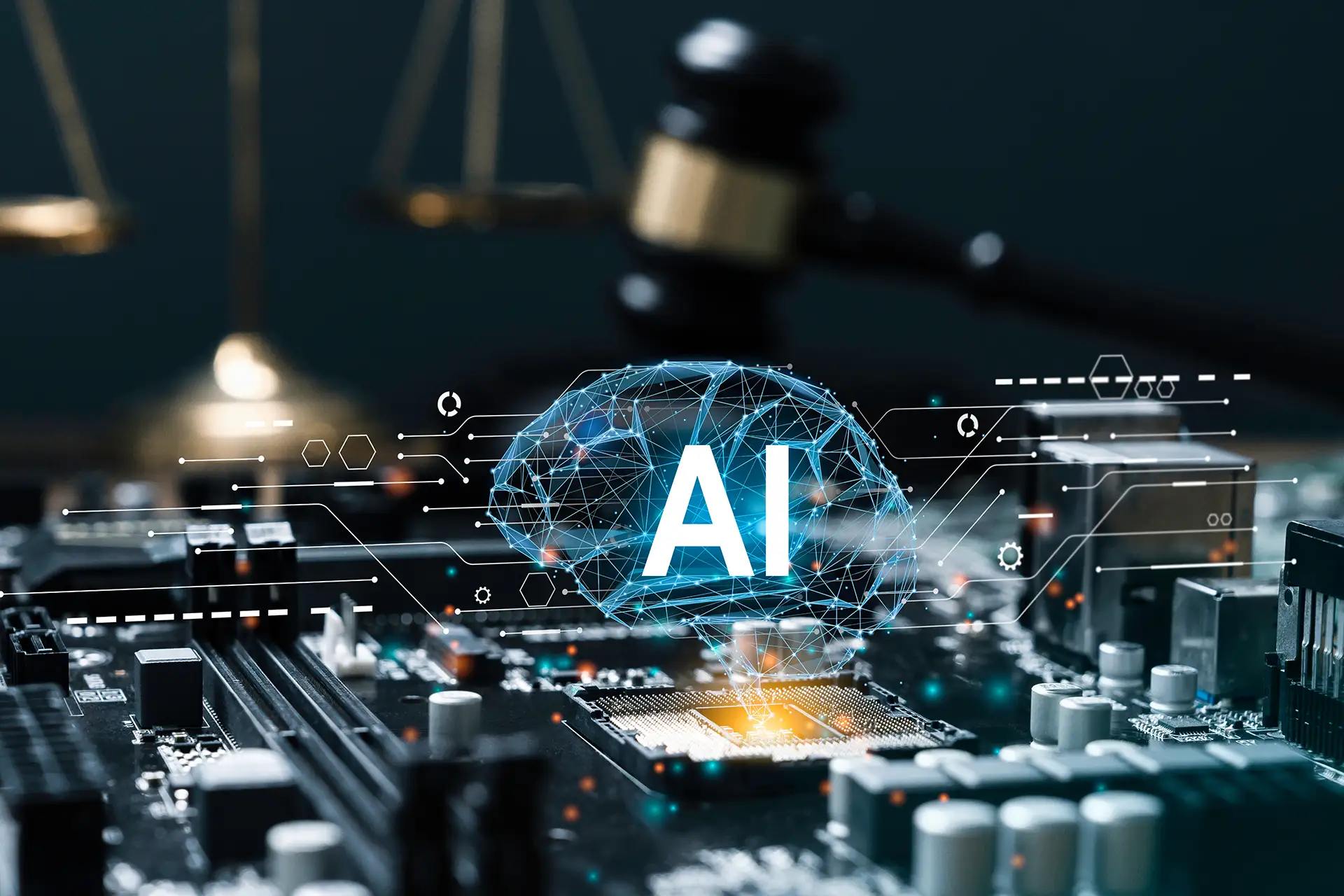
Last updated on May 3rd, 2024
In the absence of Federal legislation governing AI, states are taking it upon themselves to try to get ahead of, or at least keep up with, its development and use. New York is among the forerunners, with legislation already adopted for state agencies and more being explored in relation to labor laws, penal law, the regulation of specific industries, and more.
Overall, legislation seems to be trying to balance unlocking AI potential for the public good while protecting the public from its downsides. Municipalities and their employees should stay abreast of what’s here and what’s coming to ensure compliance and make informed decisions about local AI applications and use.
AI Policy for NYS Agencies
In January, New York State’s Information Technology AI Policy took effect. While encouraging state agencies to adopt AI tools, it also sets guidance for doing so responsibly. While the policy does not cover authorities, boards, and other NYS Government organizations (i.e., the MTA and NYSERDA), these groups are encouraged to follow the policy or use it as guidance.
The policy is broad and should be reviewed in full to understand its full scope. In general, agencies are allowed to adopt their own policies if they are not less restrictive than the state’s policy. State agencies must appoint supervisors to oversee AI systems, which are not allowed to make decisions impacting the public without final approval by a human. State agencies should also have policies for processing personally identifiable, confidential, or sensitive information. They are also advised to consult counsel to ensure intellectual property protections aren’t undermined when inputting data.
The policy also includes best practices for addressing unacceptable uses of generative tools to deceive people, creating content without confirming data, and using AI chatbots without identifying them as such.
Proposed Updates to NY Penal Code
On the criminal law front, Governor Hochul proposed legislation in February as part of the FY 2025 budget to set “important guardrails” to protect against untrustworthy and fraudulent uses of AI. This would classify using AI for the unauthorized use of a person’s voice as a misdemeanor; allow for private action to combat digitally manipulated, false images; disclosure on digitized political communications published within 60 days of an election; and clarify current law regarding unlawful distribution of intimate or sexually explicit images.
Proposed NY Labor Law
NY Bill S07623 was proposed on February 28. If enacted, it would be unlawful to use an automated employment decision tool (AEDT) to screen applicants for jobs in NY, unless the AEDT underwent a disparate impact analysis in the past year, and the employer published a summary of the analysis on its website and provided the NY DOL with an annual summary. If enacted, it will take effect immediately. (This aligns with NYC’s Local Law 144 which took effect last July, setting rules for employer use of AEDTs for screening, hiring, and assessing employees for advancement.)
Private Sector Impacts
As for legislation covering the private sector, while a proposed state task force focusing on this was vetoed in 2023, proposed legislation and guidelines for different industries have been issued and/or are in the pipeline.
For example, the NYS Department of Financial Services issued a proposed circular letter on January 17 regarding the use of external consumer data and information sources(ECDIS), as well as AI systems (AIS), for insurance underwriting and pricing. It includes rules and principles to address “risks of inaccurate, arbitrary, capricious, or unfairly discriminatory outcomes that may disproportionately affect vulnerable communities and individuals or otherwise undermine the insurance marketplace in New York.” Comments on the letter were accepted until mid-March, so there may be more to come.
The insurance industry isn’t alone. For example, bills SB 7922 and AB 8098 target book publishers, requiring disclosure when books are produced with AI. When it comes to newspapers, magazines, and other publications printed or electronically published, SB 7847 would require the identification of any parts made with AI.
For all businesses, there’s AB 8179, which would impose a “Robot Tax” on businesses that displace workers with AI. There’s also the Advanced Artificial Intelligence Licensing Act which would require the registration and licensing of advanced AI systems considered high-risk
No doubt, more is coming – a lot more. As you work with counsel to understand the impact of new laws and those in the pipeline, while making sure your employees are also up-to-speed, if your organization needs any accounting, audit, tax, or advisory services, you can continue to count on RBT CPAs to do the job professionally, ethically, on-time and within budget. Give us a call to learn more.
RBT CPAs is proud to say 100% of its work is prepared in America. Our company does not offshore work, so you always know who is handling your confidential financial data.
Please note: RBT CPAs is not a law firm and the information herein should not be construed as legal advice. As always, to ensure your policies comply with global, national, state, and local laws, it is in your best interest to seek legal counsel.
